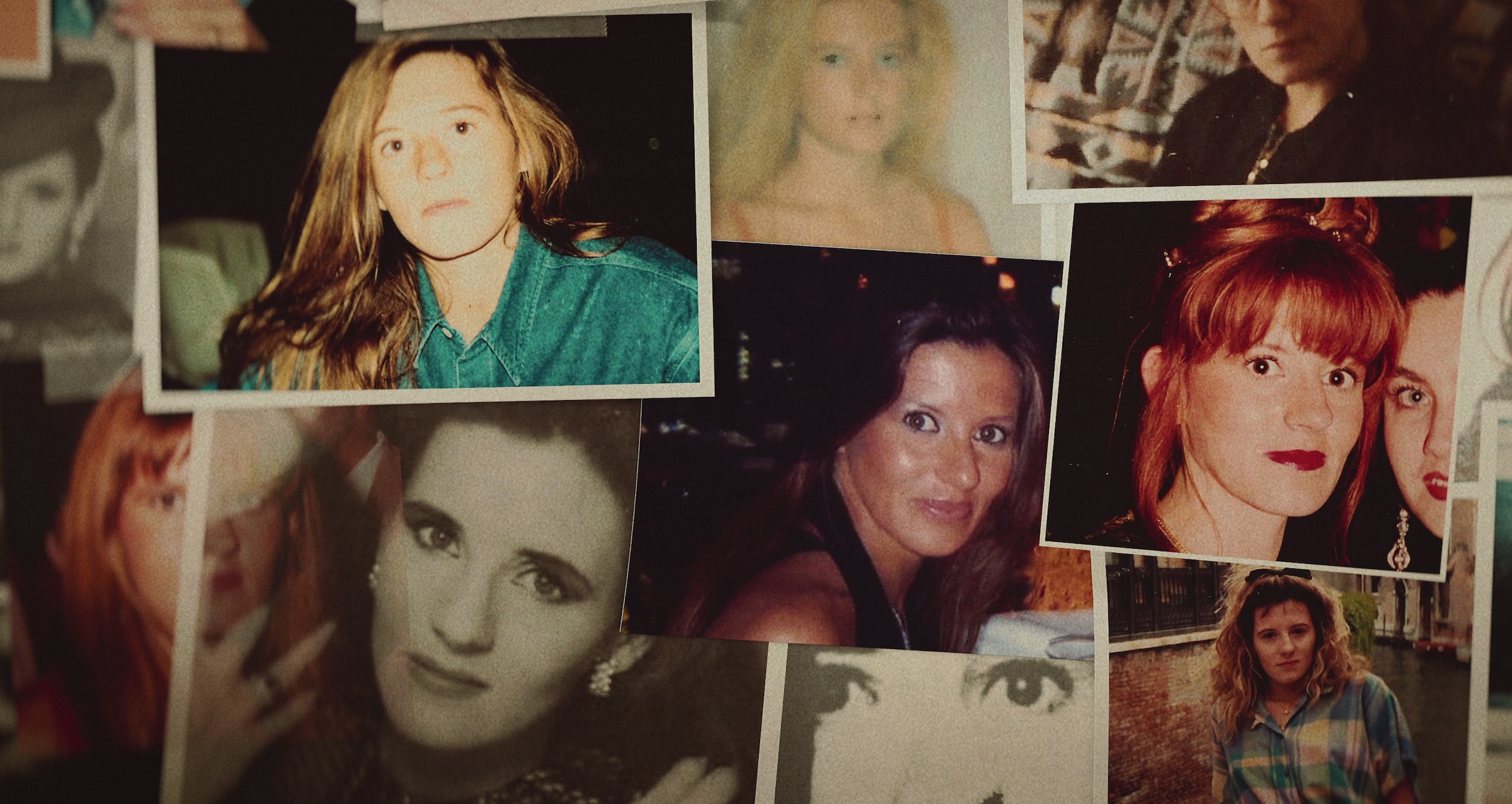In 2008, the death of a fashion designer in a Barcelona apartment would reveal one of the most cold and disturbing crimes in recent Spanish history. The perpetrator? A woman who hid behind fake names, invented lives, and had an uncanny ability to manipulate others. This is the story of María Ángeles Molina—known simply as Angi—the main subject of Angi: Fake Life, True Crime, a documentary on Netflix on May 1.
[time-brightcove not-tgx=”true”]
Over two episodes, director Carlos Agulló dives deep into a case that shocked the country: the murder of Ana Páez—a woman Molina not only killed, but used to support a fraud scheme involving fake identities, life insurance policies, and a trail of lies as complex as they were cruel.
The murder of Ana Páez
Ana was a 35-year-old fashion designer who believed she had found in Angi a friend, a mentor, and a trustworthy figure. The two had known each other for about 10 years, after meeting when they worked at the same company, and their bond had only grown stronger over time. Molina presented herself as a successful entrepreneur, cultured and generous, and never hesitated to shower Ana with praise. What Ana didn’t know was that Angi had a plan to steal her identity—and eventually, her life.
On February 19, 2008, Ana was found dead in a rented apartment in Barcelona. She was naked, with a plastic bag over her head sealed with duct tape. The scene initially suggested a sexual crime, but the evidence pointed to something far more calculated. Just before the murder, CCTV footage showed Angi entering a bank wearing a wig and withdrawing €600 from Ana’s account.
She then drove a Porsche to Zaragoza, where she picked up her father’s ashes—he had died the year before. According to the court, this was part of a carefully constructed alibi. Once she was back in the apartment, Molina drugged Ana with an unidentified substance before suffocating her.
Read more: Our Fascination With the Serial Killer Next Door
Staging a crime that never happened
Angi attempted to cover up the murder by staging a sexual assault. To do so, she paid two men at a male brothel in Barcelona for semen samples, which she planted at the crime scene. But investigators quickly dismantled the false narrative. The evidence consistently pointed to Angi, who, when interrogated, gave several conflicting versions of the events.
At one point, she claimed she had been buying a watch at El Corte Inglés at the time of the murder. Later, she said she had stopped to buy yogurt. In one of the case’s most bizarre statements—made with unsettling coldness—she told the court: “Without yogurts or condensed milk, I am nothing.” The phrase stunned both the victim’s family and the magistrates.
The fraud scheme
The murder was part of a broader financial fraud scheme. Before Ana’s death, Molina had applied for several loans and life insurance policies in Ana’s name using forged documents. Some of the policies had significant payout values. The plan was clear: eliminate Ana, assume her identity, and collect the money.
Molina also used the identity of another woman, Susana B. She allegedly acquired Susana’s personal data after Susana left a copy of her documents at a copy shop. Molina used the information to open bank accounts and make fraudulent transactions.
Police found crucial evidence, including Ana’s documents hidden behind the water tank in Molina’s bathroom and a sealed bottle of chloroform—further proving premeditation.
The trial
In 2012, the court concluded that “the amount and the relevance of the evidence, amply accredited,” left no doubt about the perpetrator. Molina was sentenced to 22 years in prison: 18 for homicide and 4 for document forgery.
A suspicious past
Ana Páez’s murder led authorities to reopen a previous case: the 1996 death of Molina’s husband, Juan Antonio Álvarez Litben. The 45-year-old businessman had died suddenly under unexplained circumstances. The renewed investigation raised serious suspicions about Molina’s involvement, especially since she inherited his assets. But without material proof, the case remains unresolved.
A life of deception
Over the years, Molina crafted multiple identities. She claimed to be a psychologist, a lawyer, a cancer patient in treatment, a mother to nonexistent children, and a victim of abuse. She even faked pregnancies and used social media to reinforce her elaborate fabrications. She was a full-time actress in her own web of lies.
Agulló said researching the material for Angi was like navigating a “hall of mirrors.” “We reviewed over 2,000 pages of legal documents, reports, and family files. We conducted more than 60 interviews with retired police officers, detectives, and people close to both cases,” he said. “It was a multifaceted investigation—just like Angi’s many identities.”
More than just recounting a crime, Angi: Fake Life, True Crime reveals how one woman managed to manipulate systems, friends, and family to sustain a life of lies. A story as unbelievable as it is true.

